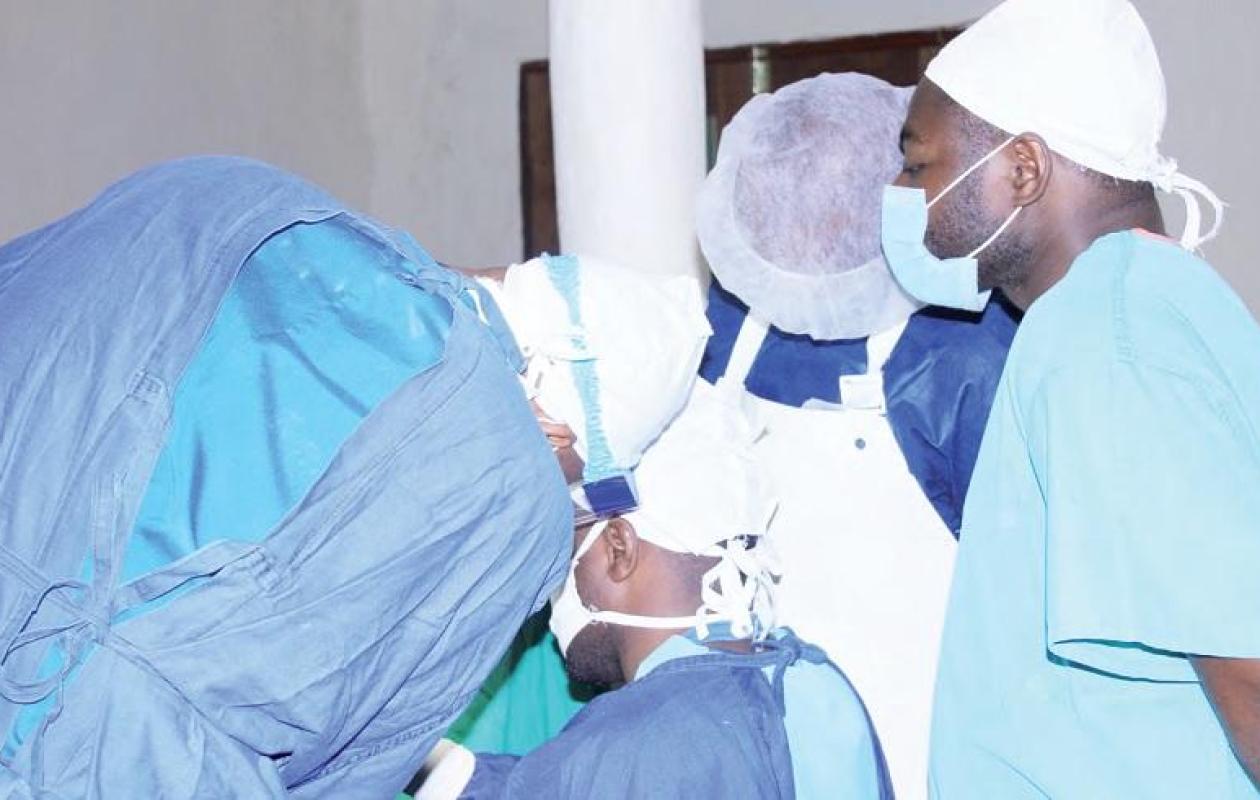
Tambacounda : La lutte contre les fistules obstétricales se poursuit
In the Tambacounda region, cases of obstetric fistula were once common. These injuries are mainly caused by births not attended by qualified personnel. Several structural and social factors have long hampered access to care, including the deterioration of roads in winter and what are known as the three delays. "Family delays in deciding to go to the hospital, community delays in organizing transportation for pregnant women, and delays in health facilities, linked to late treatment," listed the head of the Regional Office for Health Education and Information (BREIPS) at the Tambacounda Regional Health Directorate (DRS).
According to Mabinta Sambou, these obstacles have contributed to the development of numerous fistulas among women in the region. She notes that thanks to the support of partners and the mobilization of local organizations, several women with fistulas have been identified and treated.
"Today, efforts continue to support those who have undergone an inconclusive operation and require further intervention. Progress has been made, particularly with the implementation of the "winning couplet" in health facilities, composed of a head nurse and a midwife. This system improves the medical supervision of pregnant women, from prenatal consultation through to childbirth," he said.
She also argues that the active participation of the “Bajenu Gox”, recognized community actors, also plays a key role in raising awareness and directing women to health facilities.
"To strengthen their action, they must be accompanied and supported, in particular by the Directorate of Maternal and Child Health (DSME) and technical and financial partners," she emphasizes.
Furthermore, Mabinta Sambou advocated for the strengthening of technical platforms, from the bottom up, to ensure primary health care is accessible to all. The goal, according to her, is to bring services closer to women, especially in remote areas.
Finally, it is hoped that Tambacounda will be subject to positive discrimination in terms of the provision of qualified human resources, in order to consolidate the achievements and continue to reduce the number of cases of fistula in the region.
Commentaires (2)
La pauvreté, une calamité ! Vu sur le net: [En France, le dernier cas de fistule obstétricale a été opéré en 1957. Depuis lors, le phénomène a presque disparu du monde occidental. Mais dans les pays où l'accès aux soins de santé reste rudimentaire, de nombreuses femmes en souffrent toujours]. La vie a un coût. Il est grand temps que les populations en prennent conscience et qu'elles fassent UNIQUEMENT des enfants qu'elles peuvent prendre en charge.
C'est mieux nous avons lu la semaine passée que les femmes enceintes à cause de conditions de vie précaires mangent du sable. c'était irresponsable de la part de votre site web. Je suis de Petit PARIS OURO Himadou ce village n'est pas pauvre. Il faut écrire ce qui est utile. Ne saviez vous pas c'est une zone d'immigrés et Wouro THierno est 'un village de déplacé nantins avec leurs vaches.
Participer à la Discussion